
RosCan reports positive results from drilling campaign in Mali
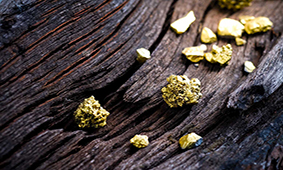
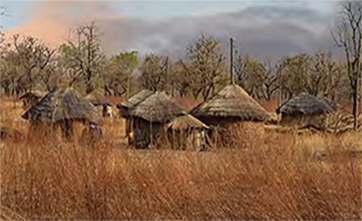
The project is comprised of five permits of contiguous land in the Birimian Rocks, east of B2Gold's Fekola mine and Iamgold's Boto and Diakha deposits.
In a press release, RosCan said that the drilling program was completed in December 2018 and was designed to test strong termite and soil gold anomalies.
"Significant amounts of saprolite-hosted gold mineralization were discovered in each of the two areas that were tested with the best results returned from the Mankouke area," the miner's statement reads.
RosCan said that results include 5.94 g/t gold over 14 metres, including 26.7 g/t gold over 2 metres; 8.68 g/t gold over 14 metres, including 41.5 g/t gold over 2 metres; 8.47 g/t gold over 18 metres, including 29 g/t gold over 4 metres; 4.98 g/t gold over 8 metres, including 16.6 g/t gold over 2 metres; and laterite-hosted 3.06 g/t gold over 8 metres and 2.71 g/t gold over 4 metres.
"This is an excellent new discovery with very good gold grades. The mineralized zone is open to depth and appears, from a limited amount of drilling, to extend to the next drill line located approximately 250 metres to the north, and hopefully beyond, along this large geochemical anomaly," Greg Isenor, President and CEO, said in the media statement.
Isenor also said that his team feels encouraged by the indications that the apparent high-grade zone continues to depth, and that they are planning an additional drilling program.
"Further drilling will be carried out to test the extent of the mineralization at depth and along strike to the north and south of the strongly mineralized zones. Additional gold-in-termite and termite anomalies zones remain to be tested," the media brief reads.

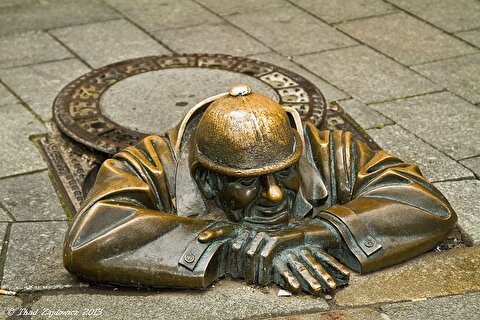
Gold price stays flat following July inflation data
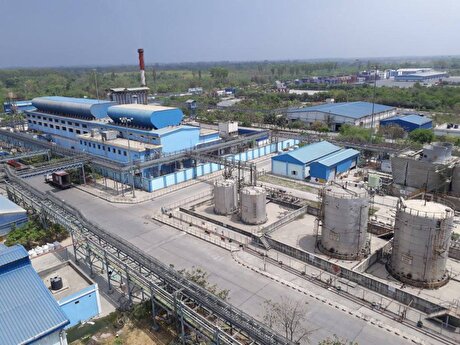
Hindustan Zinc to invest $438 million to build reprocessing plant
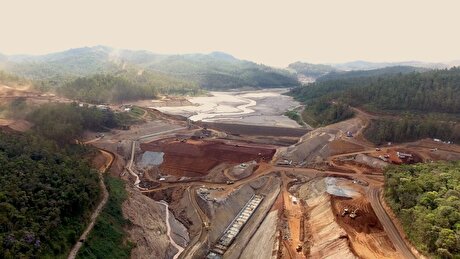
Samarco gets court approval to exit bankruptcy proceedings
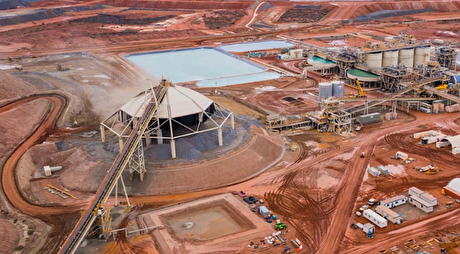
Gold Fields nears $2.4B Gold Road takeover ahead of vote

Metal markets hold steady as Trump-Putin meeting begins
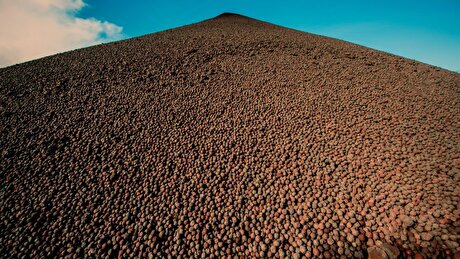
Explaining the iron ore grade shift

Glencore trader who led ill-fated battery recycling push to exit

Trump to offer Russia access to minerals for peace in Ukraine

Gold price edges up as market awaits Fed minutes, Powell speech

Nevada army depot to serve as base for first US strategic minerals stockpile

Emirates Global Aluminium unit to exit Guinea after mine seized

Tailings could meet much of US critical mineral demand – study

Codelco cuts 2025 copper forecast after El Teniente mine collapse
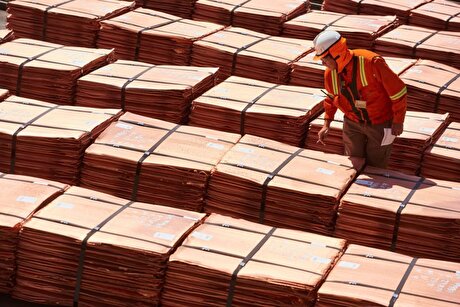
Glencore targets 1Mt of copper in Argentina over coming decade

Viridis unveils 200Mt initial reserve for Brazil rare earth project

SQM boosts lithium supply plans as prices flick higher

Abcourt readies Sleeping Giant mill to pour first gold since 2014

Roshel, Swebor partner to produce ballistic-grade steel in Canada

EverMetal launches US-based critical metals recycling platform

Nevada army depot to serve as base for first US strategic minerals stockpile

Tailings could meet much of US critical mineral demand – study

Codelco cuts 2025 copper forecast after El Teniente mine collapse

Glencore targets 1Mt of copper in Argentina over coming decade

Viridis unveils 200Mt initial reserve for Brazil rare earth project

SQM boosts lithium supply plans as prices flick higher

Abcourt readies Sleeping Giant mill to pour first gold since 2014

EverMetal launches US-based critical metals recycling platform

Iron ore price dips on China blast furnace cuts, US trade restrictions














